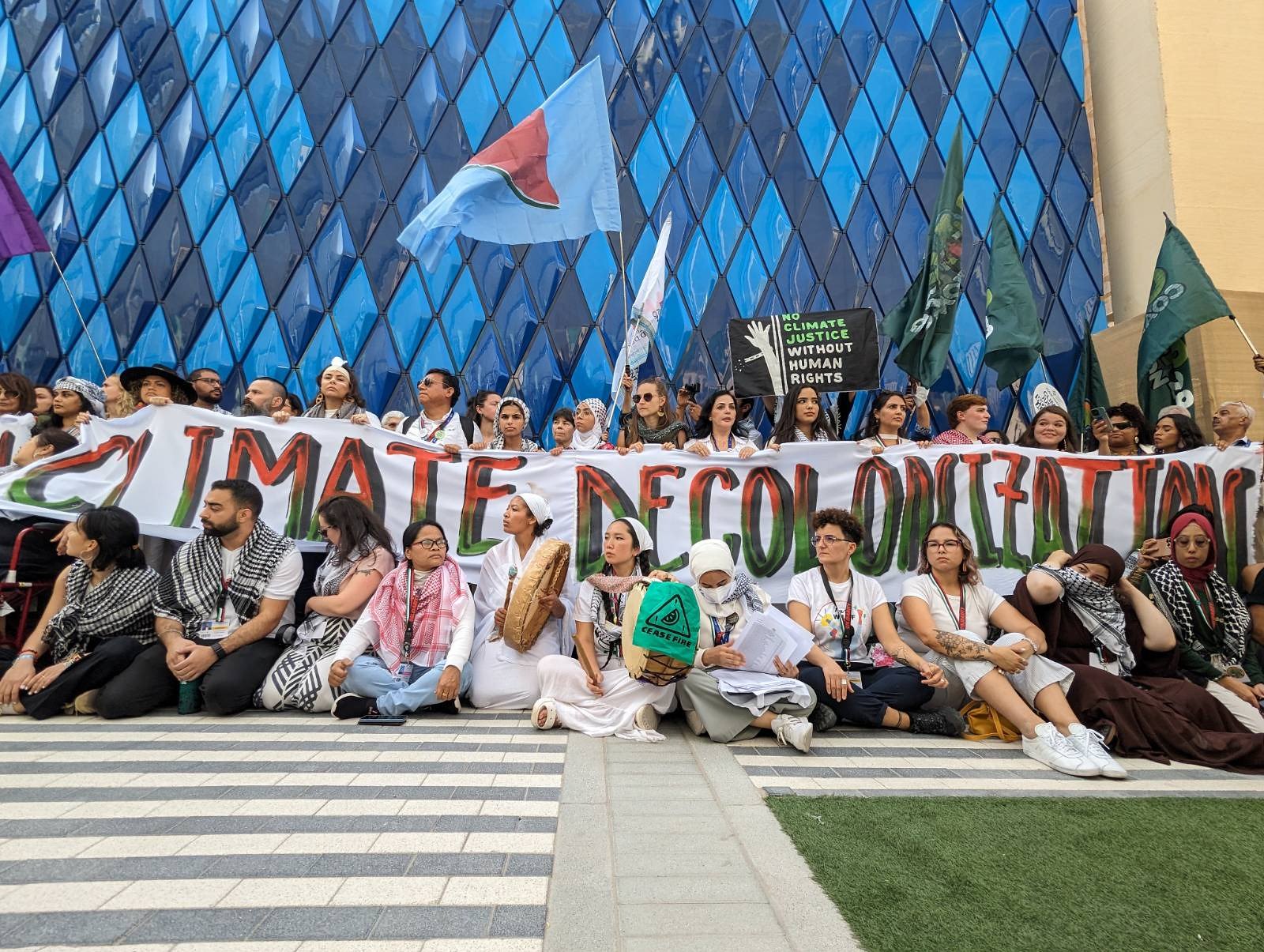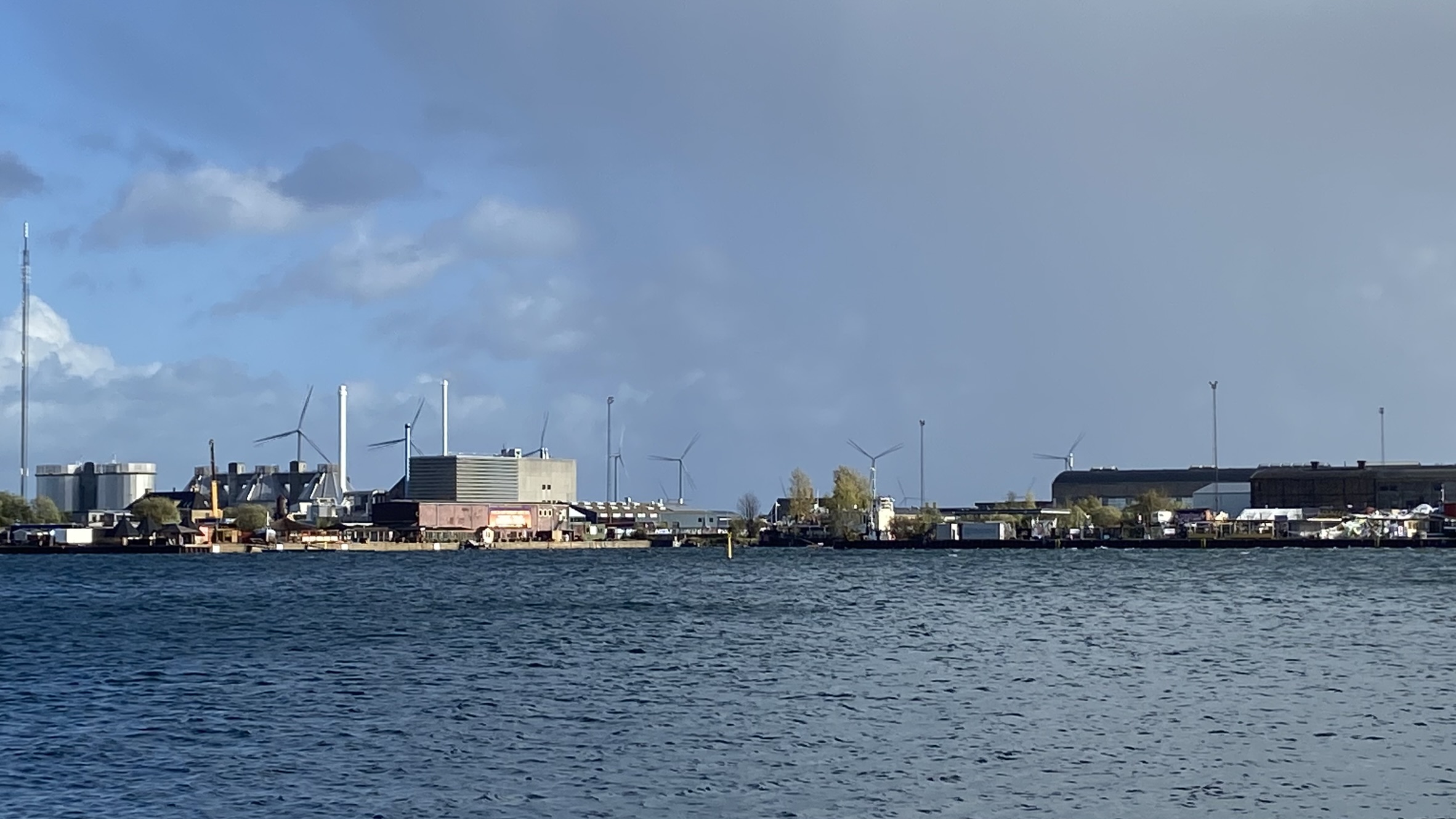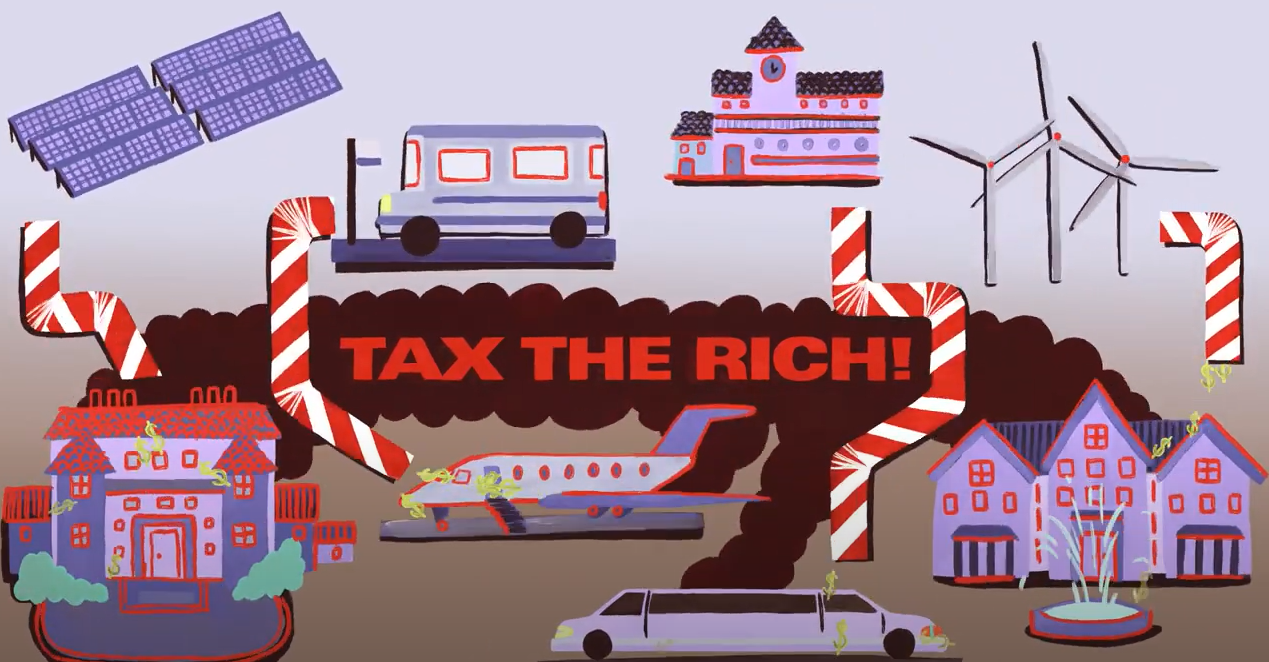In this new report published by the Rosa Luxemburg Stiftung Geneva Office, author Dario Azzellini analyzes transition policies and the labor movement in France, the United Kingdom, Germany, Norway, Spain, Poland, Colombia, Mexico and the Philippines
Decades have passed since science established that climate change is real and due to human activities. The debate on sustainability has also been ongoing for more than 30 years without leading to ecologically and socially sustainable societies. On the contrary. The use of non-renewable resources is increasing faster than sustainable production and consumption; inequality has increased in almost all countries, as well as the gap between the global North and the global South.
Jobs and employment are a main subject in debates and policy proposals regarding the transition to socially and ecologically sustainable low or zero carbon societies, but rarely the social organization of work, other forms of work or value orientations. Technologies or their usage, on the other hand, play a central role. The policies promoted by governments and the private sector focus almost entirely on a “technological fix”. Trade unions tend to privilege the aspect of social sustainability and to neglect the ecological sustainability, aspects of the transformation of the meaning and organization of work and (especially in the Northern hemisphere) the issue of global just transition. Ecologically-oriented sustainability discourses in exchange, tend to pay little attention to the social sustainability of work, and rarely address work in general. They focus on consumers and companies as main actors. The influence on the work-oriented societies of developments such as demographic shifts (aging societies), migration, digitalization, flexibilization, and globalization is broadly discussed. But the ecological aspects of certain types of work and what they mean for labor and the labor market are widely neglected.
Why focus on work when human life on our planet is threatened by climate change and mass extinction? The radical transformation of production and consumption patterns alone (which does not happen anyway) will not lead to the required social and ecological transition. Employment and the labor markets are changing and we have to make sure that work itself becomes sustainable in all its aspects.
It can also be reasonably questioned if the transformation of production and consumption is even possible without the transformation of the work-oriented society (and vice versa). The work-oriented society as such has to be transformed.
Trade unions alone and other movements alone are often not strong enough to force structural and systemic changes. They have to join forces and build alliances. Many unions have adopted far-reaching climate policies in their programs, and some have joined alliances for a just transition with other social forces. Over the past decade, increasingly larger and broader coalitions consisting of trade unions, environmental movements, NGOs, farmers’ organisations, leftist organisations, and social movements mobilising for a just transition have been formed in many countries, among them in the United Kingdom, France, and Norway. In Spain and Colombia there is a strong collaboration between unions and other forms of popular organizations. Colombia is especially interesting. Unions from the energy sector have been elaborating alternative energy policies with peasant and indigenous organizations.
However, generally, even in the cases formal alliances exist, very few joint mechanisms and strategies of mobilization have been developed and the formulated broader goals rarely reflect in concrete union struggles.
There is still a long way to go. For a successful alliance to form, the ecological question cannot be separated from the social, and must be linked with the class question. To put labor at the center of the transition to a socially and ecologically sustainable society is a powerful tool for a real just transition.
About the author: Dario Azzellini is a political scientist, sociologist, author, and filmmaker. He lived in different Latin American countries and is now based in the USA, Mexico and Berlin. His studies focus on labour, social movements, selfmanagement, sustainability and just transition and global political economy. He has co-authored Commoning Labour and Democracy at Work: When Workers Take Over (forthcoming 2024), co-edited the Handbook of Research on the Global Political Economy of Work (2023) and edited If Not Us, Who? Workers against authoritarianism, fascism and dictatorship (2021).



